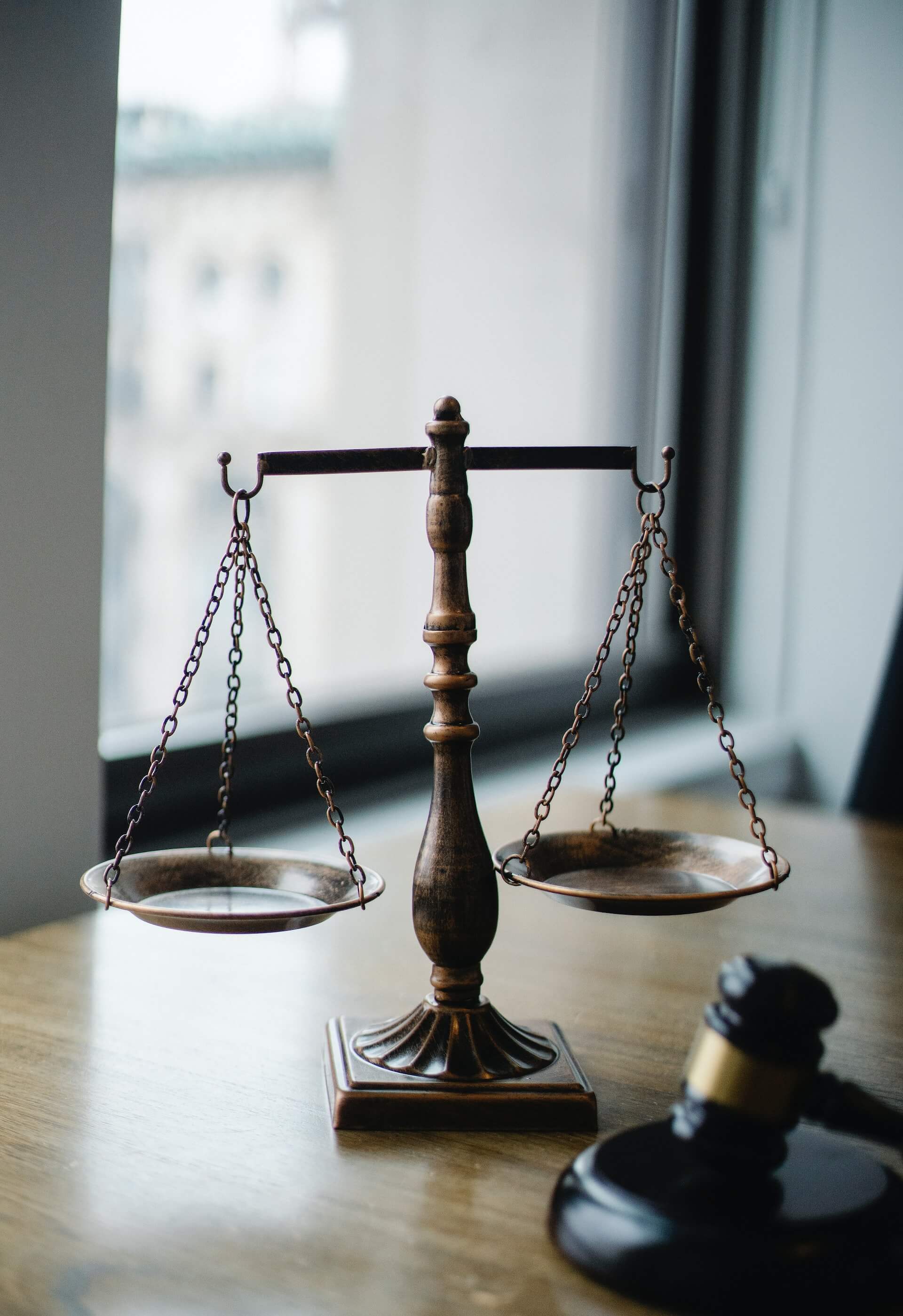
Estate and inheritance in the digital age
Information & Checklist
Data is the new gold, as the saying goes. But data must be handled sensitively. This applies not only to professional regulations but also to the specific situation when someone dies. Whether it's a social media profile, a streaming subscription, or login credentials for an online shop—almost everyone now has numerous user accounts. These accounts do not simply disappear after a person dies but remain online. This is referred to as the digital estate.
This is not only an important topic in terms of inheritance law but also in terms of grief management. For instance, if an online profile continues to exist without proper estate planning, it can still be interacted with. If the deceased is still tagged in posts and appears in timelines, it can evoke negative emotions for the relatives and complicate the grieving process. Therefore, it makes sense to address this issue. Here's what to consider regarding digital inheritance.
What constitutes a digital estate?
What exactly constitutes a digital estate depends on the individual and their activities on the internet and includes digital documents stored on electronic devices. Broadly, the area can be divided into the following categories:
- Profiles on social networks (e.g., Facebook, Instagram, TikTok, Twitter, LinkedIn, etc.)
- Email accounts
- Websites, blogs, domain names
- Accounts related to online banking, payment services, e-government, or cryptocurrencies (e.g., PayPal, Apple Pay, FinanzOnline, Handy-Signature/Citizen Card, Bitcoin, etc.)
- Accounts with media services (e.g., music or video streaming services, online newspaper subscriptions, software licenses for video games, etc.)
- Accounts with photo and video services (e.g., Flickr, YouTube, etc.)
- Accounts (and balances) with online shops (e.g., Amazon, eBay, Zalando, etc.)
- Profiles on dating platforms
- Data stored on electronic devices (e.g., photos, videos, films, music files, electronic documents on smartphones, PCs, memory cards, USB sticks, in cloud storage, etc.)
Proper Handling of a Deceased Person's Digital Estate
When a person dies, their heirs come into play. They face certain obligations as well as rights. Exceptions include highly personal rights such as employment contracts or family rights. However, the digital estate, which includes personal accounts and online-stored data, remains a legal gray area in Austria and many other European countries. The fact remains that heirs enter into all the legal relationships of the deceased after the estate is settled. This means that online contracts of the deceased also transfer to the heirs. Therefore, the following steps can help manage the digital estate:
- First, check if the deceased had made any provisions regarding their digital activities, such as leaving records of their online accounts. If such records exist, follow the instructions provided. If not, proceed with the following steps.
- Search the internet for the deceased's name, address, email addresses, etc. Also, enter nicknames or initials into search engines. Additionally, ask friends, relatives, colleagues, and partners about the deceased's online activities.
- Some funeral homes now offer services for searching and managing the digital estate.
- Create a list of all accounts. Once you have identified the entire digital estate, begin contacting each service to inform them of the person's death. Have the death certificate or the estate settlement order ready, as requests are often scrutinized to prevent misuse.

Checklist for Your Own Digital Estate
Taking care of a deceased person's digital estate is one thing, but your own digital legacy should not be overlooked. Doing so will make it easier for your survivors to handle your data. Follow these steps:
- Create a list of all your online memberships, profiles, accounts, and related information.
- Add the respective login details. You can either create a physical list or use a program that stores various login credentials, all of which can be accessed with a master password.
- For each entry, specify what should happen to the accounts after your death: Should the accounts be deleted, archived, or maintained? Or do you want the data to be transferred to someone else? Many social networks now offer options to prepare for the death of their users. For instance, you can set up notifications for specific people if the account holder is inactive for an extended period. Some networks also allow you to designate a legacy contact. It’s helpful to check the account settings of each network for these options.
- Note who should specifically take care of this digital estate.
- Store this document in a secure location known to your survivors. Alternatively, you can leave the list with a notary.

Being Close to the Deceased Loved One Even After Death
Even though there are now ways to handle a deceased person's digital estate, one thing all these regulations can't take away from us is the process of grieving. That is something we must do ourselves.
Fortunately, there are tips on how to cope with grief and how to support grieving relatives and children.
And for those who wish, a unique memento of the deceased can be created—one of our gemstones that carries the essence of the loved one. Only 10 grams of hair or 50 to 100 grams of ashes are needed for this.

